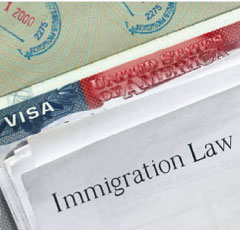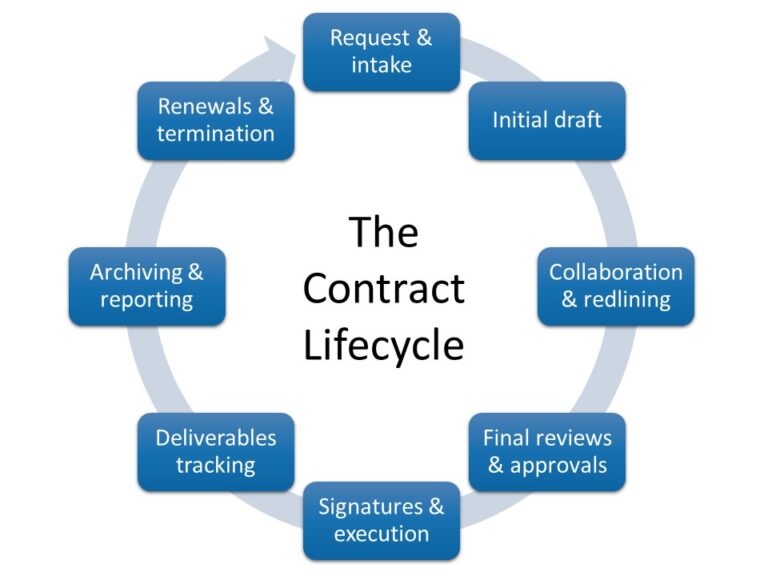
What Is A Vein Doctor Called, And What Is The Latest Treatment For Varicose Veins?
What is a vein doctor called? varicose veins are a common vascular condition that affects millions of people worldwide. These swollen, twisted veins can cause discomfort, pain, and even lead to more severe health issues if left untreated. When faced with varicose veins, it’s essential to seek the expertise of a medical professional who specializes in vascular health. But what exactly is a vein doctor called, and what are the latest treatments for varicose veins? In this comprehensive guide, we will explore these questions and provide you with valuable insights into varicose vein treatment options available today.
What Is A Vein Doctor Called?
A physician who specializes in diagnosing and treating disorders of the veins is commonly known as a “vascular surgeon” or “phlebologist.” These medical experts are trained to address a wide range of vascular issues, including varicose veins, deep vein thrombosis, and venous ulcers. Let’s delve deeper into these two primary titles:
Vascular Surgeon:
A vascular surgeon is a medical doctor who specializes in surgical procedures related to blood vessels, including arteries and veins. They are highly trained in the surgical management of vascular conditions, which may involve procedures like vein stripping, vein ligation, and endovenous laser treatment (EVLT). Vascular surgeons have extensive experience in diagnosing and treating varicose veins, making them a valuable resource for those seeking surgical solutions.
Phlebologist:
A phlebologist, on the other hand, is a medical professional who specifically focuses on venous diseases. While they may not perform surgical interventions, they are experts in non-invasive treatments for varicose veins and related conditions. Phlebologists often utilize techniques such as sclerotherapy, radiofrequency ablation, and ultrasound-guided procedures to manage varicose veins.
Both vascular surgeons and phlebologists are essential members of the healthcare team when it comes to diagnosing and treating varicose veins. They work together to determine the most suitable treatment options for individual patients based on their unique circumstances.
The Latest Treatment For Varicose Veins
What is the latest treatment for varicose veins? over the years, significant advancements have been made in the field of varicose vein treatment, moving away from invasive surgical procedures towards minimally invasive and non-surgical options. Below are some of the latest and most effective treatments for varicose veins:
Endovenous Laser Treatment (Evlt):
Endovenous Laser Treatment, or EVLT, is a minimally invasive procedure used to treat varicose veins. During this procedure, a laser fiber is inserted into the affected vein through a tiny incision. The laser generates heat, which closes off the vein, causing it to collapse and gradually fade away. EVLT is a highly effective method with minimal pain and a short recovery time.
Radiofrequency Ablation (Rfa):
Radiofrequency Ablation is another minimally invasive procedure that uses radiofrequency energy to heat and close off varicose veins. Similar to EVLT, a catheter is inserted into the vein, and the heat energy seals the vein shut. RFA is known for its effectiveness and quick recovery, allowing patients to resume their daily activities shortly after the procedure.
Sclerotherapy:
Sclerotherapy is a non-surgical treatment option that involves injecting a special solution directly into the varicose veins. This solution irritates the vein walls, causing them to collapse and eventually be absorbed by the body. Sclerotherapy is particularly useful for smaller varicose veins and spider veins. It is a quick, outpatient procedure that requires no anesthesia.
Venaseal Closure System:
The Venaseal Closure System is a relatively new FDA-approved treatment that uses a medical adhesive to close varicose veins. A catheter is inserted into the affected vein, and the adhesive is applied along the vein’s interior walls. This seals the vein, and the body eventually reabsorbs it. Venaseal offers minimal discomfort and a rapid return to normal activities.
Ambulatory Phlebectomy:
Ambulatory Phlebectomy is a surgical procedure performed under local anesthesia. It is often used for larger varicose veins that are close to the skin’s surface. The surgeon makes small incisions and removes the affected veins in sections. This procedure typically results in minimal scarring and provides long-lasting relief.
Conclusion
Varicose veins are a common vascular condition that can cause discomfort and impact one’s quality of life. Seeking the expertise of a vascular surgeon or phlebologist is crucial for proper diagnosis and treatment. Fortunately, advancements in medical technology have led to a wide range of effective and minimally invasive treatment options for varicose veins, such as EVLT, RFA, sclerotherapy, the Venaseal Closure System, and ambulatory phlebectomy.
If you are struggling with varicose veins, consult with a qualified vein doctor to discuss the most suitable treatment option for your specific condition. These medical professionals are at the forefront of the latest developments in varicose vein treatments, ensuring that you receive the best care possible and can enjoy a healthier, more comfortable life. Don’t let varicose veins hold you back; explore your treatment options today.



